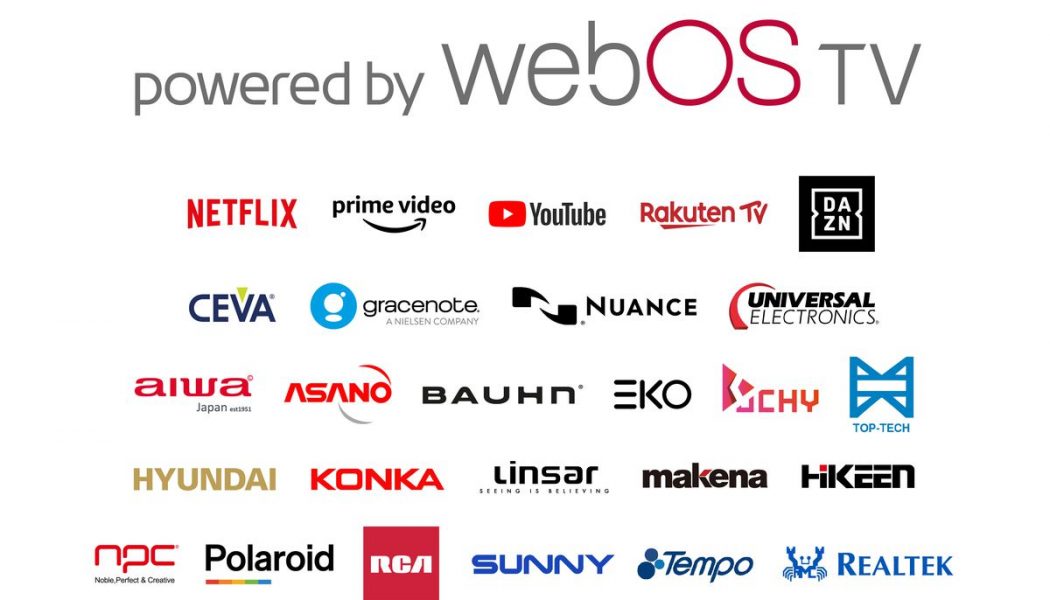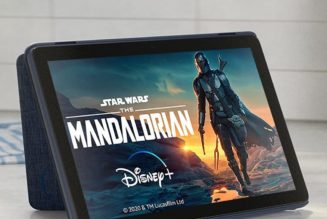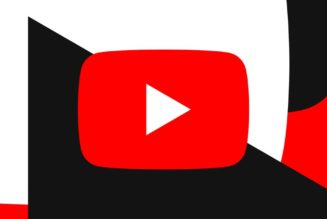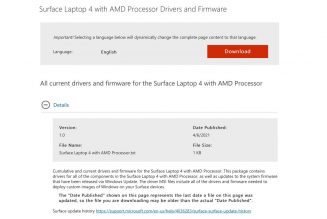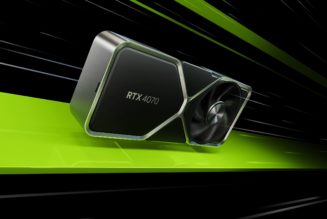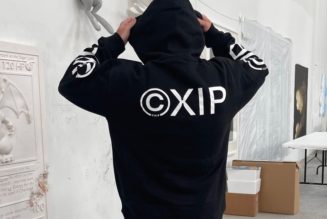LG tonight announced that the company’s webOS smart TV platform will soon be found on TVs from other brands. RCA, Ayonz, and Konka are some of the companies that have already signed on. “This has the potential to reshape the TV business for both technology and content providers while significantly growing LG’s presence and prominence in the global home entertainment market,” LG said in a press release.
The news comes after LG revealed a significantly overhauled version of webOS at CES in January. On LG’s 2021 TVs, the slide-up “blades” interface has been ditched entirely in favor of a more traditional scrolling home screen. I’ve seen a wide range in opinions from LG’s existing TV customers; some like the new look since it resembles a streaming device and seems easier to use. Others who’ve come to appreciate the more colorful and “fun” webOS hope LG will keep webOS 6 off their TVs from 2020 and earlier. I’ll need some more time with the software before I can weigh in.
But that redesign isn’t something that buyers of licensed webOS TVs will have to think about — at least not yet. LG tells me that the “powered by webOS TV” platform is based on webOS 5.0. So it’ll look just the same as LG TVs from the last several years.
In licensing its platform to other TV brands, LG is following in the footsteps of Roku and Amazon, each of which has joined with third parties to release Roku TVs and Fire TV Edition TVs, respectively. Here’s what LG says its partners will get out of the deal:
Licensees of webOS TV receive the familiar and highly acclaimed UX design along with a rich pool of features such as voice search and control, integrated AI algorithms, and easy connectivity that have earned webOS positive industry and consumer accolades. With LG webOS TV, partners also get a diversity of content options including access to global streaming service apps such as Netflix, YouTube, Amazon Prime Video and sports streaming service DAZN as well as LG Channels, the company’s free premium content streaming service. Compatible TV models also include the dedicated Magic Motion remote controller.
:no_upscale()/cdn.vox-cdn.com/uploads/chorus_asset/file/22324250/webOS_TV_Partners.jpg)
What’s in it for LG? The company will have control over the TV software experience across more devices — and also take in more advertising revenue. Expanding webOS to more TVs will get the ad-sponsored LG Channels in front of new eyes. This approach also gives LG more user data to make improvements to webOS, which will in turn benefit the company’s own TV lineup.
